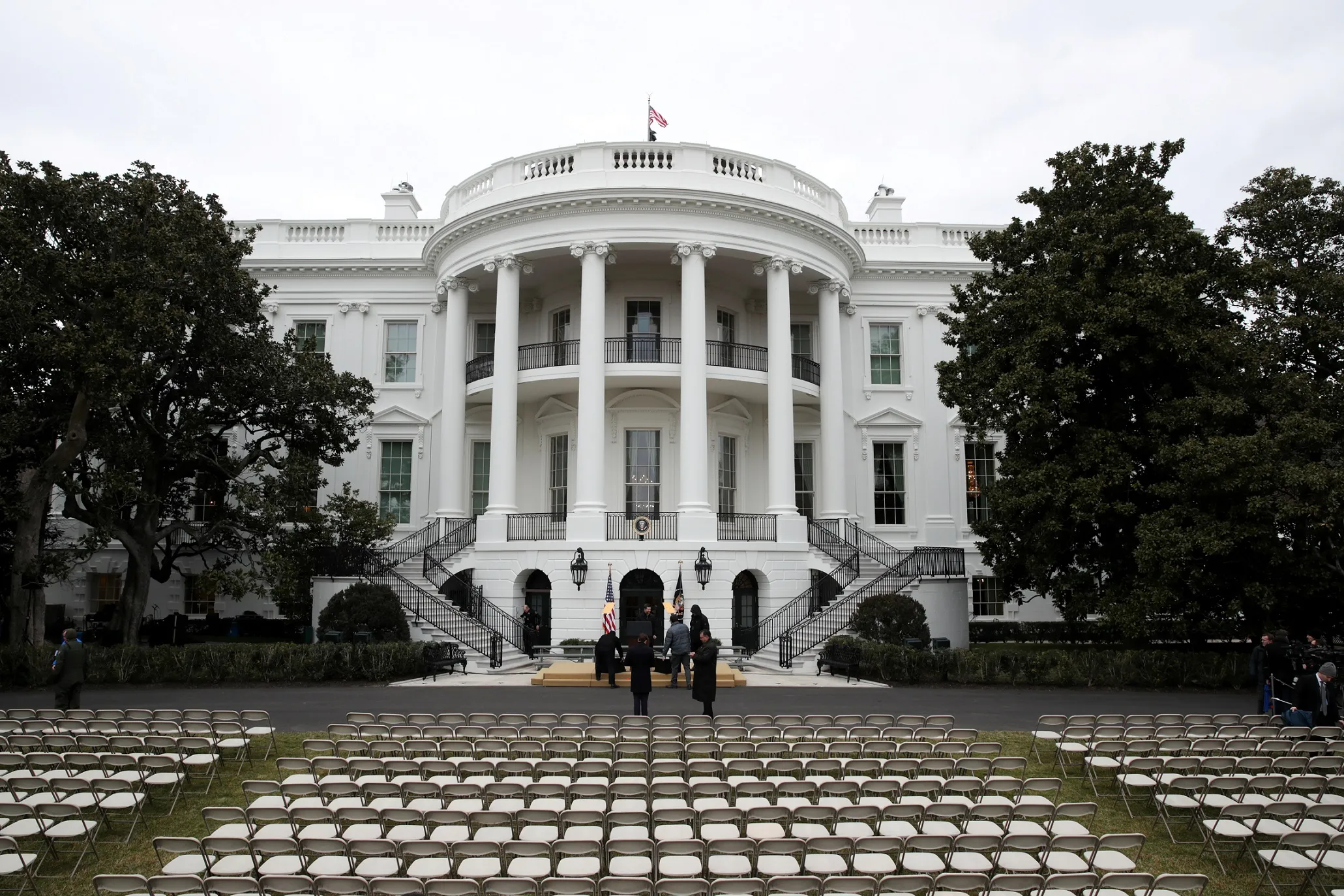Impeachment proceedings are remedial rather than punitive in nature...a conviction is not a punishment
How does all of this apply to current arguments over impeachment? Great question I believe few here could answer, or even care to answer. I observe most current arguments over impeachment(s) to be totally based on far right/far left partisan political gains. Most of the arguments I read on usmb, are not even the arguments that will make it into any impeachment hearings, let alone an impeachment trial.
I wonder how differently we today are from the earlier parties involved in arguing for or against an impeachment (of a sitting President)? I don't believe we're that much better or worse than those before us.
Start with this: Federalist #65 --
A well-constituted court for the trial of impeachments is an object not more to be desired than difficult to be obtained in a government wholly elective. The subjects of its jurisdiction are those offenses which proceed from the misconduct of public men, or, in other words, from the abuse or violation of some public trust.
They are of a nature which may with peculiar propriety be denominated POLITICAL, as they relate chiefly to injuries done immediately to the society itself.
The prosecution of them, for this reason, will seldom fail to agitate the passions of the whole community, and to divide it into parties more or less friendly or inimical to the accused.
In many cases it will connect itself with the pre-existing factions, and will enlist all their animosities, partialities, influence, and interest on one side or on the other; and in such cases there will always be the greatest danger that the decision will be regulated more by the comparative strength of parties, than by the real demonstrations of innocence or guilt.
--- --- ---
Then with this:
Professor Dershowitz, appearing for the Trump team, argued that with
one narrow exception (discussed below) the requirement that only a charged crime
can be grounds for impeachment is implicit in Constitution’s impeachment clause
which states that, “The President…shall be removed from office on impeachment for,
and conviction of, Treason, Bribery or other high Crimes and Misdemeanors.”
He acknowledges that his view is a minority viewpoint among scholars who have written
on the issue, but he sees support for his interpretation of the impeachment clause in
material written by Blackstone, the eminent English jurisprude, which speaks of
misdemeanors as crimes. Blackstone, however, was writing decades before the
Constitution was drafted, and we have far better evidence of the Framers’ intent and
of how, since the dawn of this nation, that intent has been interpreted.
Dershowitz also finds support for his position in the Framers’ decision not to include
maladministration as a reason for impeachment and in arguments that former Supreme
Court Justice Benjamin Curtis made in his defense of Andrew Johnson. Indeed,
Dershowitz indicated in at least one television appearance that reading the Curtis
defense led him to change his prior views on the matter.
Although Dershowitz acknowledges that his view puts him in a small scholarly
minority, he never explains why the minority is so small.

 www.brookings.edu
www.brookings.edu
What Dershowitz, was all about while defending Trump:

How does all of this apply to current arguments over impeachment? Great question I believe few here could answer, or even care to answer. I observe most current arguments over impeachment(s) to be totally based on far right/far left partisan political gains. Most of the arguments I read on usmb, are not even the arguments that will make it into any impeachment hearings, let alone an impeachment trial.
I wonder how differently we today are from the earlier parties involved in arguing for or against an impeachment (of a sitting President)? I don't believe we're that much better or worse than those before us.
Start with this: Federalist #65 --
A well-constituted court for the trial of impeachments is an object not more to be desired than difficult to be obtained in a government wholly elective. The subjects of its jurisdiction are those offenses which proceed from the misconduct of public men, or, in other words, from the abuse or violation of some public trust.
They are of a nature which may with peculiar propriety be denominated POLITICAL, as they relate chiefly to injuries done immediately to the society itself.
The prosecution of them, for this reason, will seldom fail to agitate the passions of the whole community, and to divide it into parties more or less friendly or inimical to the accused.
In many cases it will connect itself with the pre-existing factions, and will enlist all their animosities, partialities, influence, and interest on one side or on the other; and in such cases there will always be the greatest danger that the decision will be regulated more by the comparative strength of parties, than by the real demonstrations of innocence or guilt.
--- --- ---
Then with this:
Professor Dershowitz, appearing for the Trump team, argued that with
one narrow exception (discussed below) the requirement that only a charged crime
can be grounds for impeachment is implicit in Constitution’s impeachment clause
which states that, “The President…shall be removed from office on impeachment for,
and conviction of, Treason, Bribery or other high Crimes and Misdemeanors.”
He acknowledges that his view is a minority viewpoint among scholars who have written
on the issue, but he sees support for his interpretation of the impeachment clause in
material written by Blackstone, the eminent English jurisprude, which speaks of
misdemeanors as crimes. Blackstone, however, was writing decades before the
Constitution was drafted, and we have far better evidence of the Framers’ intent and
of how, since the dawn of this nation, that intent has been interpreted.
Dershowitz also finds support for his position in the Framers’ decision not to include
maladministration as a reason for impeachment and in arguments that former Supreme
Court Justice Benjamin Curtis made in his defense of Andrew Johnson. Indeed,
Dershowitz indicated in at least one television appearance that reading the Curtis
defense led him to change his prior views on the matter.
Although Dershowitz acknowledges that his view puts him in a small scholarly
minority, he never explains why the minority is so small.

Does impeachment require criminal behavior? In a word, “No” | Brookings
Richard Lempert writes that the argument made by the president's defense team, that an offense must be a crime in order to be impeachable, is not supported by precedent. Many actions by the president could break no law and yet be impeachable.
What Dershowitz, was all about while defending Trump:
The Impeachment Trial of President Andrew Johnson
The Impeachment Trial of President Andrew Johnson | Century Presentations | Articles and Essays | A Century of Lawmaking for a New Nation: U.S. Congressional Documents and Debates 1774-1875 | Digital Collections | Library of Congress
Supplement to the Congressional Globe, 40th Congress, 2nd Session
www.loc.gov
Last edited:


